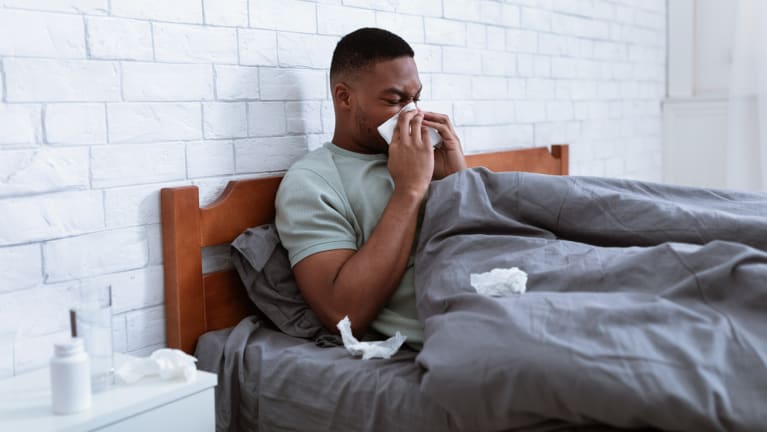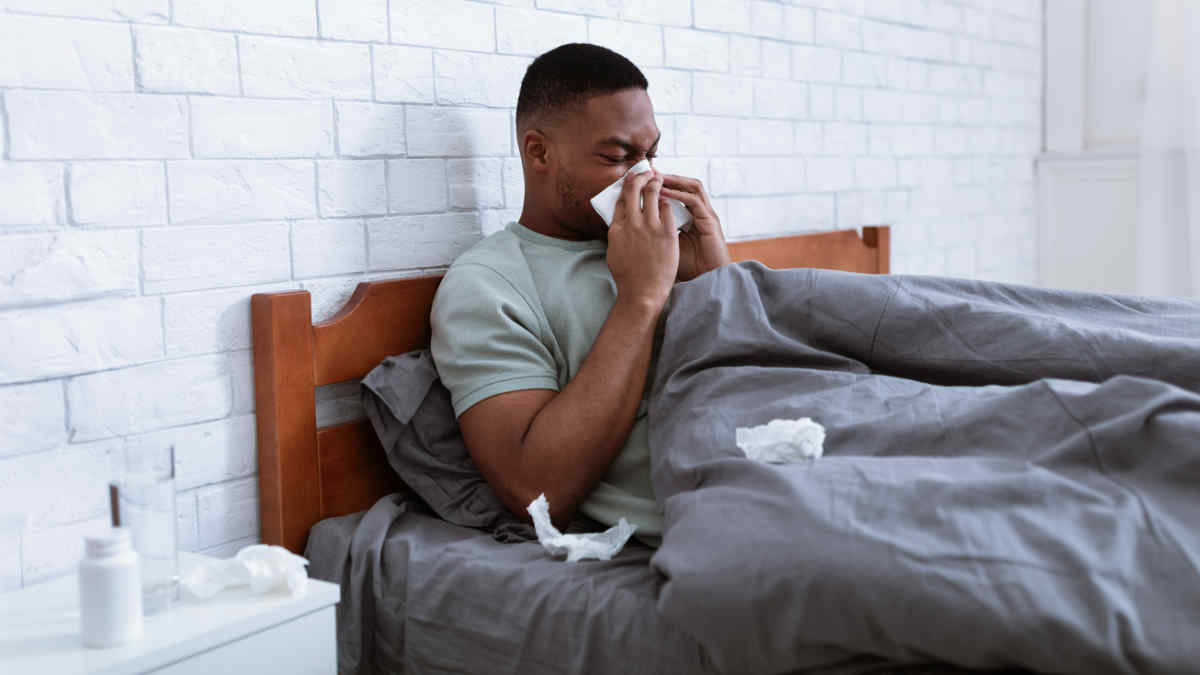

The California Supreme Court recently ruled that employers are not liable when an employee catches a virus at work and transmits the virus to a family member.
The case, Kuciemba v. Victory Woodworks, involved a California woman who claimed she was infected with COVID-19 after her husband contracted it at a San Francisco construction worksite in 2020. She sued her husband’s employer for negligence and premises liability.
Secondary infections, or “take-home” infections, occur when an employee contracts a communicable disease at work and spreads it to someone in their household. The court said the “employer does not owe a duty of care under California law to prevent the spread of COVID-19 to employees’ household members.”
“Where the allegation is harm to people at home, this now wipes out those causes of action,” said Bill Bogdan, an attorney with Hinshaw & Culbertson in San Francisco, who represented the employer in the case.
This ruling applies to other communicable diseases that can spread at the workplace, such as flu, RSV, chickenpox and whooping cough, Bogdan said. When someone is diagnosed with that type of infection, it’s nearly impossible to prove exactly where and when they contracted it.
If employers were held liable for secondary infections, “it would potentially close businesses and overwhelm the courts in trying to parse out who had a valid claim and who didn’t,” Bogdan said. “COVID-19 is everywhere. You can get it anywhere.”
“Every employer would be a potential defendant, and millions of Californians would be potential plaintiffs due to the high transmissibility of COVID-19,” said James Oh, an attorney with Epstein Becker Green in Chicago.
This case is different from an earlier asbestos exposure case in California, where the employer was held liable because a secondary asbestos exposure and subsequent medical complications were definitely traceable to the worksite, Bogdan said.
Nonetheless, the Kuciemba ruling “isn’t a get-out-of-jail free card” for companies, Bogdan said. “You still have to follow protocols where required,” referring to state health and safety standards.
“California’s nonemergency COVID-19 prevention regulations remain in place. Those regulations are designed to prevent and limit the spread of COVID-19 transmission,” said Lori Ocheltree, an attorney with Duane Morris in San Francisco. “They require employers to improve ventilation, provide face coverings, make COVID-19 testing available, monitor exposures and outbreaks, exclude COVID-19 cases from the workplace, report to Cal/OSHA [the California Division of Occupational Safety and Health], implement policies and methods to prevent transmission, and provide information and notification of exposures to employees.”
General Duty Clause
Under federal law, employers have an obligation to prevent the spread of disease to employees. The general duty clause of the Occupational Safety and Health (OSH) Act of 1970 requires that employers provide a work environment “free from recognized hazards that are causing or are likely to cause death or serious physical harm.” That means taking reasonable measures to prevent the spread of COVID-19 and other communicable diseases to employees.
HR professionals should “remain vigilant that their companies are complying with applicable safety and health rules and regulations,” Oh said. The Kuciemba ruling “will not always shield a company from liability where the company’s negligence, or failure to exercise due care, resulted in injury to a third party.”
Demonstrating compliance with health and safety regulations will prevent lawsuits from being filed “because plaintiffs’ lawyers will see that they will not be able to successfully state a cause of action for negligence,” Oh said. This compliance “will also provide the company with an excellent defense … that it did all that it was supposed to do to prevent its operations from injuring others.”
HR professionals should “look around their workplace and try to prevent risks, including activities that may create an unreasonable risk of transmitting COVID-19 or any contagious disease,” Ocheltree said. “Think about what may pose hazards not only in the workplace, but also how hazards may be brought home and cause injury to others. Employers in high-hazard industries, those with employees working with asbestos or toxic chemicals, may remain especially vulnerable to third-party claims.”
She noted that employers can lower their risk of facing lawsuits if they practice good safety habits and keep an eye on Cal/OSHA regulations.
